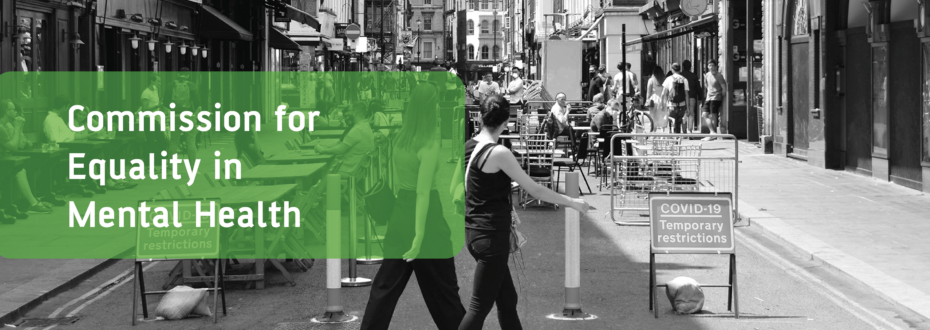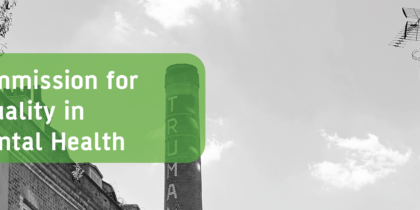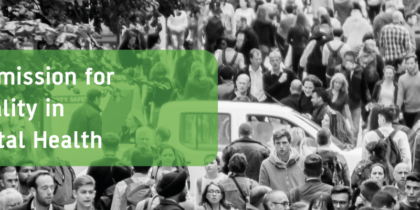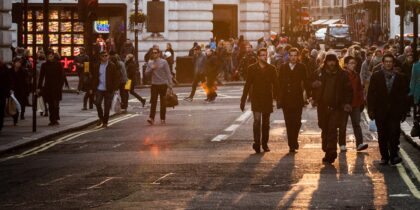Inequalities of experience and outcomes
14 October 2020
People with the poorest mental health too often find the help they are offered is the least effective, the least relevant and, for some, the most coercive. This is most dramatically evident for people from Black communities in the UK, who experience higher levels of coercion and poorer long-term outcomes.
This third briefing from the Commission for Equality in Mental Health explores why communities with higher rates of mental ill health often get the least effective support. Poorer experiences of mental health support are also reported by many other groups, including LGBT+ people, who find their experiences are not well understood by services, and autistic people, who find services poorly adjusted to their needs. People in the criminal justice system are also more likely to have had negative experiences of mental health care in the past, as well as difficulties getting help for their mental health while in prison or after their release.
This briefing (which precedes the Commission’s final report) explores why these inequalities persist, and looks at what can be done to bring about more equal outcomes and experiences from mental health support. It also sets out key elements of a system designed to achieve equality of outcomes from mental health support. They include a much higher level of voluntary and community sector involvement in mental health support, and a commitment to meet all mental health needs, building a trauma-informed and culturally competent workforce, and greater accountability and transparency within health and care systems for reducing inequalities.






